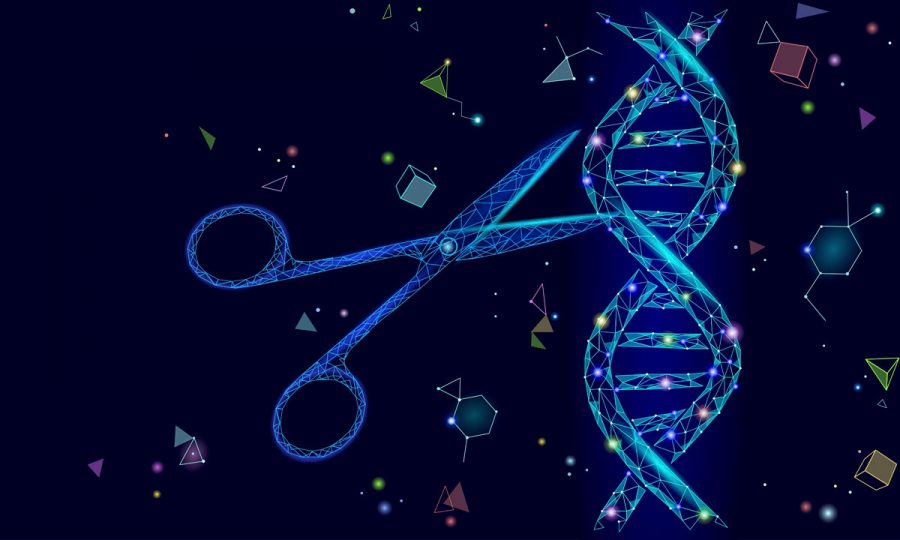Quick, accurate and easy-to-use, CRISPR-Cas9 has made genomic editing more efficient — and in so doing has erased many ethical barriers to editing the genes of heredity, reports Medical Xpress. “The ethical debate about what is now called human gene editing has gone on for more than 50 years,” writes Dr. John H. Evans, co-director of the Institute for Practical Ethics at the University of California, San Diego. “For nearly that entire time, there has been consensus that a moral divide exists between somatic and human germline editing.” In an essay published in the Proceedings of the National Academy of Sciences (PNAS), Evans contends that many of the potent bioethical arguments that once made germline editing a verboten concept, have begun to dissolve in the era of CRISPR. The 2018 announcement in China by He Jianqui who genetically altered human embryos via CRISPR – producing twins known as Lulu and Nana – helped strengthen policies about germline gene editing. Despite the worldwide scorn leveled against him for conducting a brazen act of human experimentation, his research also helped usher in a more moderate point of view regarding the manipulation of germline genes. Policy makers followed with a softer tone in guidelines on the feasibility of research involving the genes of heredity. As it turned out, a burgeoning number of scientists were expressing interest in developing potential cures by manipulating genetic sequences in germline DNA. Genomic editing refers to several technologies that allow scientists to “rewrite” segments of an organism’s genetic code. Sequences of DNA can be deleted, or receive additions or altered at virtually any genomic location. Unlike other genomic editing technologies, CRISPR-Cas9 is faster, more efficient and easier to use. And CRISPR, biologists increasingly say, has opened a new frontier of possibilities in what can be achieved with a powerful biological tool.
https://medicalxpress.com/news/2021-06-ready-advances-crispr-era-germline.html


